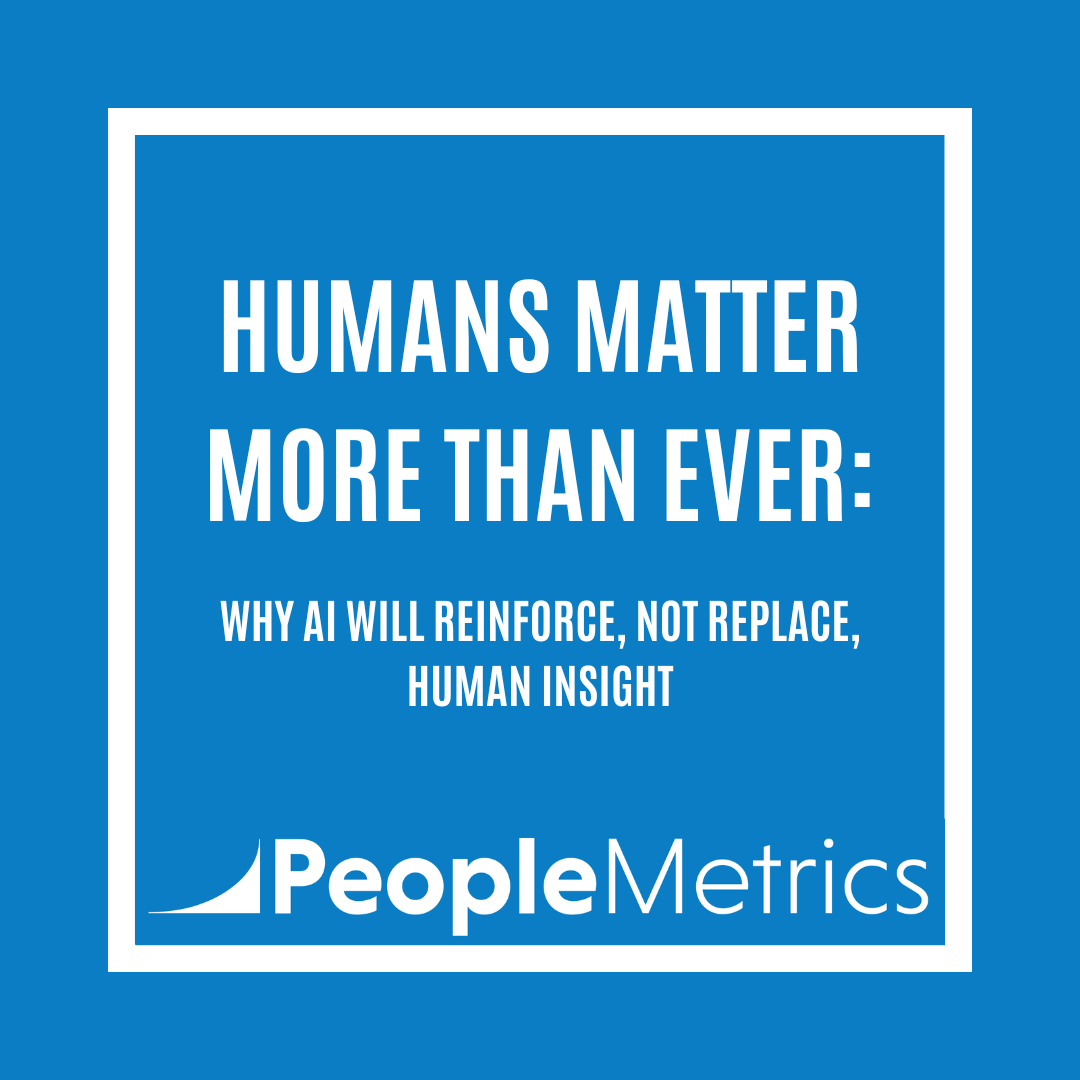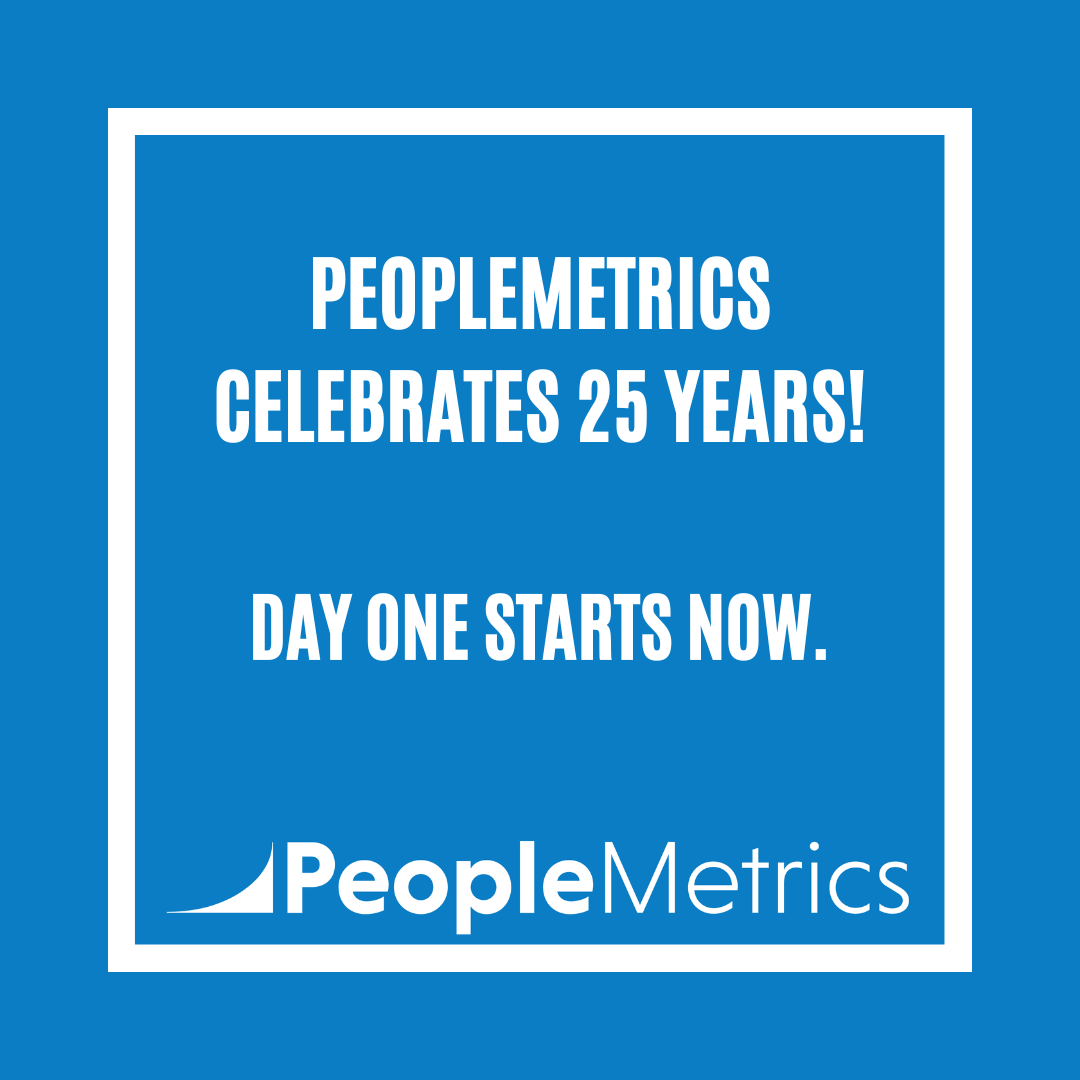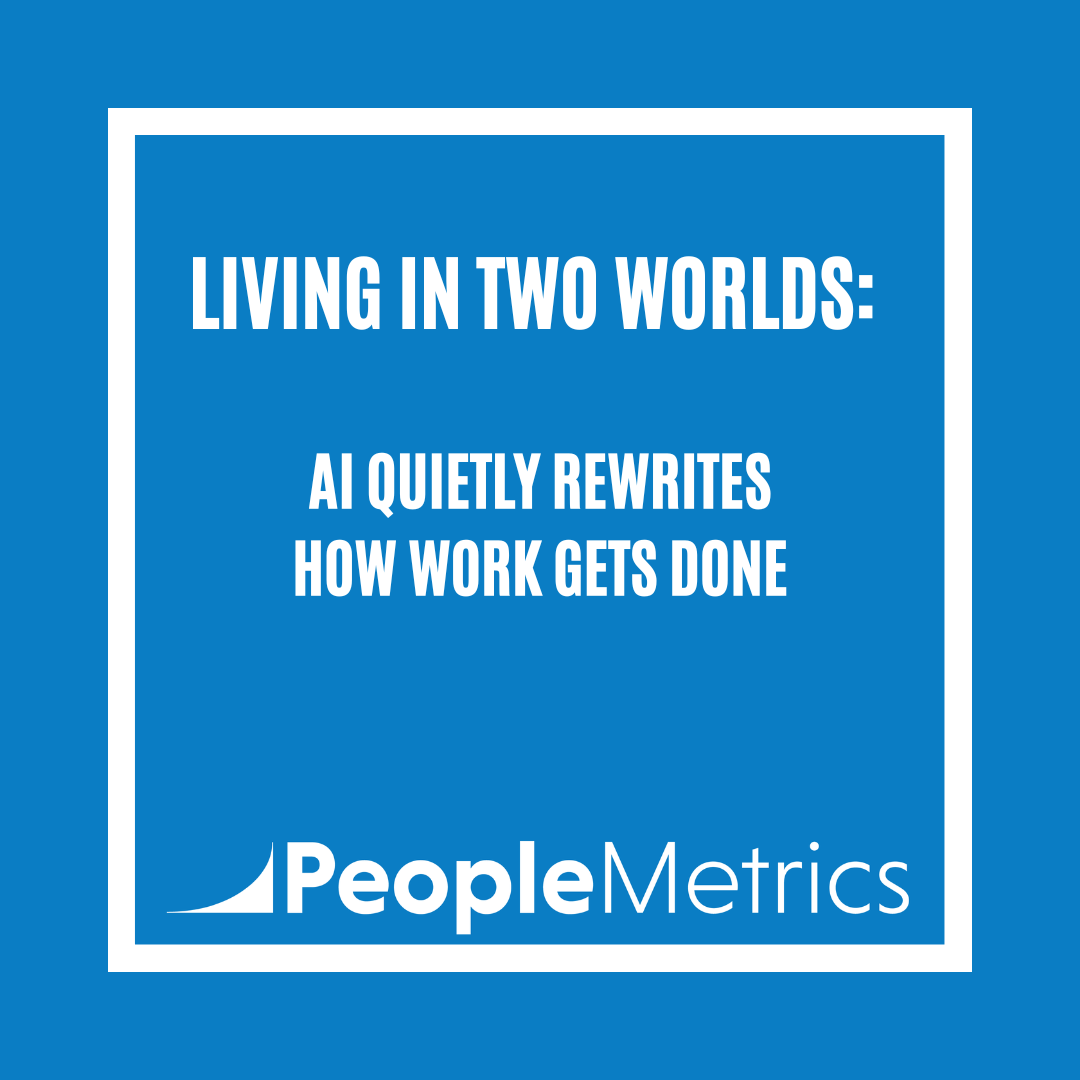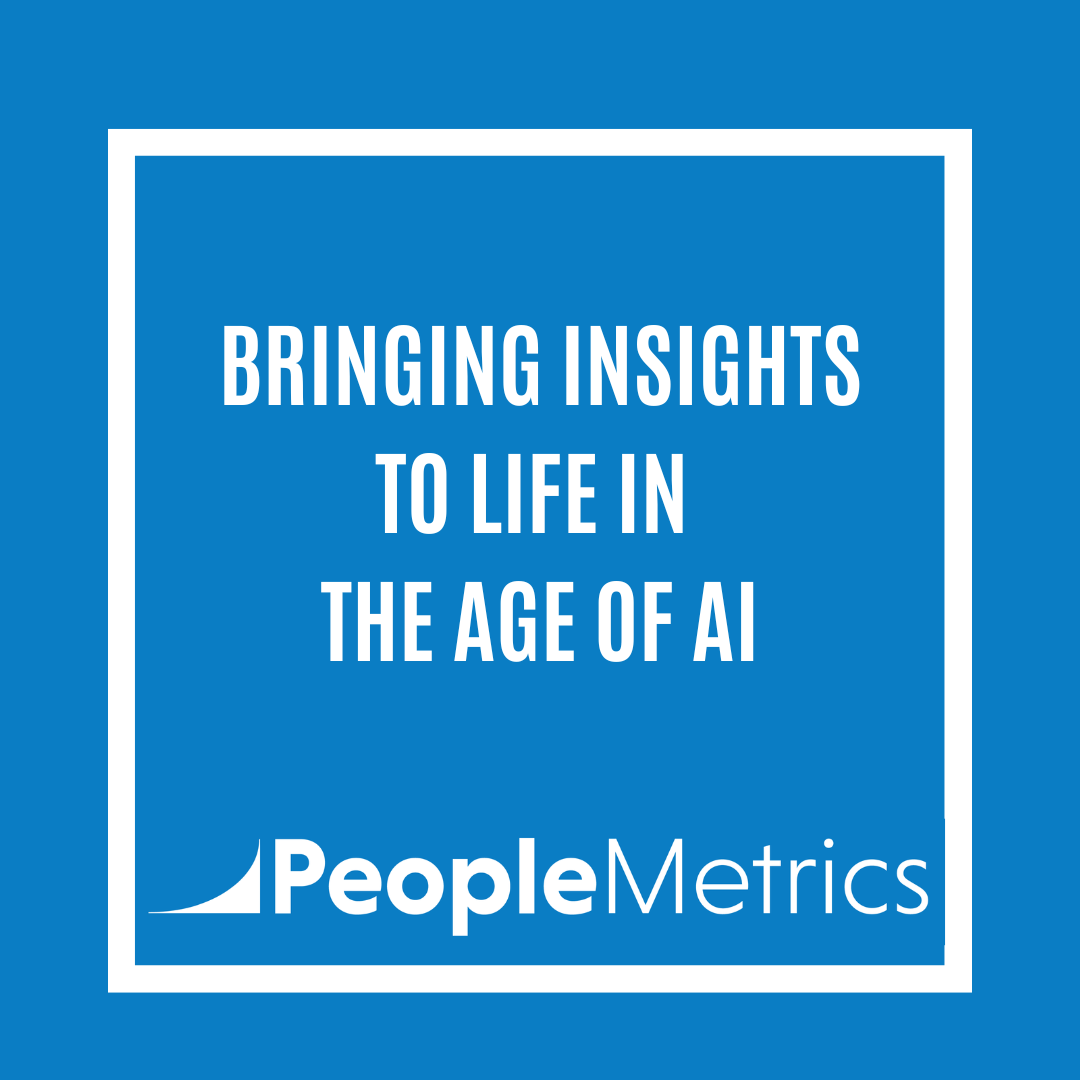AI in Market Research: A Breakthrough Moment
A new study from PyMC Labs and Colgate stopped me in my tracks.
Researchers found that GPT-4o and Gemini could predict consumer purchase intent with roughly 90% accuracy compared to actual human survey data.
No survey panels. No focus groups. No fieldwork. Just prompting.
They fed the models real product descriptions, prices, and marketing context. Instead of asking, “Rate this product from 1 to 5,” they asked questions like, “Why would someone buy this toothpaste?”
The AI wrote full responses with detailed reasoning, just like a real respondent. Those answers were then converted into numerical “embeddings” (mathematical representations of meaning) and compared to real human reasoning patterns.
The results were almost indistinguishable from human data with similar distributions, demographic differences, and even the same logic behind the answers.
And it all happened in three minutes for less than a dollar.
The 90% Question: Is “Good Enough” Really Good Enough?
At first glance, 90% accuracy sounds incredible.
But when it comes to brand decisions that carry real risk, that missing 10% matters more than it seems.
If you’re testing flavors or packaging, 90% might be fine.
If you’re shaping strategy, messaging, or innovation investments where the wrong decision can damage trust or cost millions, close enough isn’t good enough.
That last 10% holds the nuance, emotion, and cultural context that separate “accurate” from true.
It’s similar to what we’ve learned from text analytics which is fantastic for identifying directional themes across thousands of open-ended comments. But when researchers need to be 100% certain about what customers meant (when the details matter) humans still do the coding.
AI provides the direction.
Humans provide the truth.
Synthetic Data Still Needs a Human Anchor
The new approach called semantic similarity rating (SSR) only works because it’s trained and validated on real human data.
The AI learns what “purchase intent” means by comparing its reasoning to actual human responses. Without that calibration, the model drifts. It starts generating language that sounds human but no longer reflects real-world behavior.
That’s why verified, high-quality human data becomes even more valuable in an AI-driven world. It keeps synthetic models tethered to reality.
Humans don’t just provide data, we provide direction, empathy, and context.
Judgment Is the New Competitive Advantage
As synthetic data and AI insights become easier to generate, the real differentiator for insight teams won’t be access to data, it will be judgment.
Anyone can prompt a model to create a dataset that looks statistically valid.
Not everyone can tell when it’s wrong, or when an insight doesn’t feel right.
That’s the human edge.
It’s what transforms information into understanding.
At PeopleMetrics, we see this every day. AI accelerates analysis, flags patterns, and amplifies what’s possible. But the real value comes when experienced researchers interpret, validate, and connect those findings to real customer experience. And then tell a story that the client will relate to and take action based on it.
Judgment turns insight into impact.
The Rebirth of Research
We’re not watching the end of market research, we’re watching its rebirth!
AI will handle the mechanics: sampling, analysis, and prediction.
Humans will focus on meaning: interpreting, validating, and understanding why people behave the way they do.
Indeed, the most important part of research, storytelling, will remain human.
At PeopleMetrics, that’s what we believe.
The future of research isn’t less human.
It’s more human than ever.





